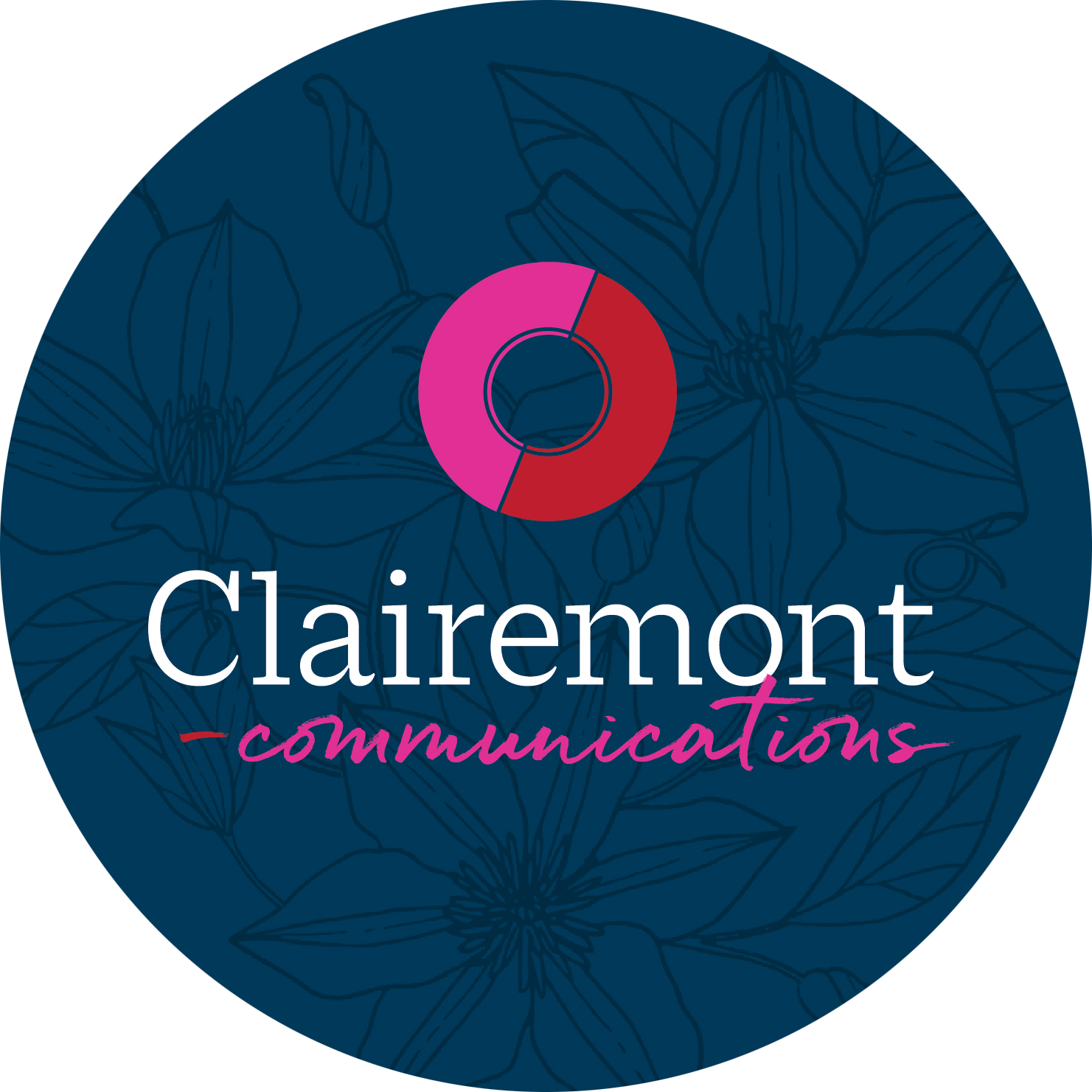It’s no secret that America’s climate is undergoing a political, economic and social redirect. In fact, researchers claim that we’re entering into a new cultural era, one of the first shifts of this kind since the mid-1960s.
For example, recent findings by the Kantar Futures Group reveal a resurgence of the populist mindset. For the first time in decades, Americans place a premium on a sense of community and social ties rather than a sense of individualism. While self-expression still exists, it is couched within a context of smaller worlds, shared allegiances and common interests. People are willing to give up a small portion of our “lone ranger” mentality to stay connected to the group.
In addition, recent developments have launched us into a “post-trust era” (or the “post-truth era“) where we no longer trust experts or leaders. It’s not that we don’t see them as credible; we just believe they’re pursuing their own agendas. Interestingly enough, this mindset spans political parties and socioeconomic strata.
As with any cultural ebb, America’s shift affects branding, marketing and public relations. A cursory overview shows how these concepts have already manifested on social media.
– Mastodon: A Twitter clone that appeals to the “old Twitter crowd,” as it were. It sidesteps features that users perceive interrupt their experience — such as a stream of ads or ranked content. Users felt incensed that some “untrustworthy” governing authority regulated their timelines. Mastodon offers organic, real-time experience unfettered by the influence of “the man” along with several privacy options.
– HaterDater: While many apps connect users based on common interests (Match.com, MapleMatch, you name it), app developers have gone so far as to launch forums that connect people based on their dislikes. From those who loath certain politicians to people who hate slow walkers, users can find a like-minded friend on HaterDater. Our desire for connection has prompted us to connect with small communities in some very unexpected ways.
How should marketers respond? Demonstrate that you have your audience’s best interests at heart. Support and enable small communities. Back off of rampant fact sharing, and provide ways for people to strengthen their relationships with others. Heck, sponsor a local tee-ball team! (Okay, not necessarily, but you get the point.) Invest in personal, local and connected as the new currency to strengthening a brand.
What other strategies should you explore to strengthen your brand? Check out our post on Communicating Your Brand.

